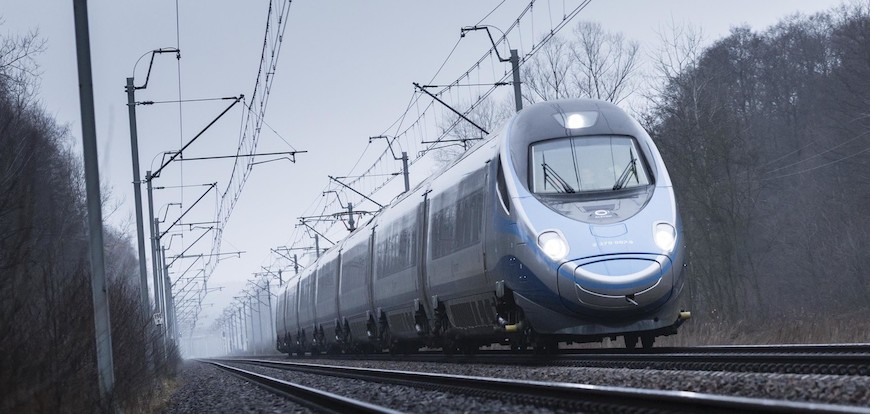Siemens and Alstom plan additional divestments to win merger approval

Siemens and Alstom are reportedly planning to make additional divestments to secure merger approval of their rail businesses.
Currently, the Siemens-Alstom merger deal is being investigated by the European Commission over competition concerns.
The two rail majors have offered concessions to alleviate the concerns, unnamed sources told Reuters.
Siemens and Alstom had already proposed to sell off their high-speed train manufacturing business, as well as significant parts of their individual signalling assets.
Sources told the news agency that the two companies have offered to expand the geographical extent of their earlier proposals.
“Siemens and Alstom had already proposed to sell off their high-speed train manufacturing business, as well as significant parts of their individual signalling assets.”
The European Commission is expected to decide on the merger by 18 February.
Last year, the commission launched a full-scale investigation on the proposed merger.
It is widely speculated by the industry that the combination may reduce competition in the train and signalling system supply market, as well as trigger higher prices of rail components.
Additionally, the reduced competition may deter innovation in the sector. Various national regulators have also expressed their concerns over the deal.
In September 2017, Siemens signed a memorandum of understanding (MoU) to merge its mobility and rail traction drive business with Alstom.
The MoU was followed by the signing of a business combination agreement (BCA) in March 2018.
If successful, the combined entity will be nearly three times larger than its closest competitor.
The combined company, to be named Siemens Alstom, will have more than 62,000 employees.

